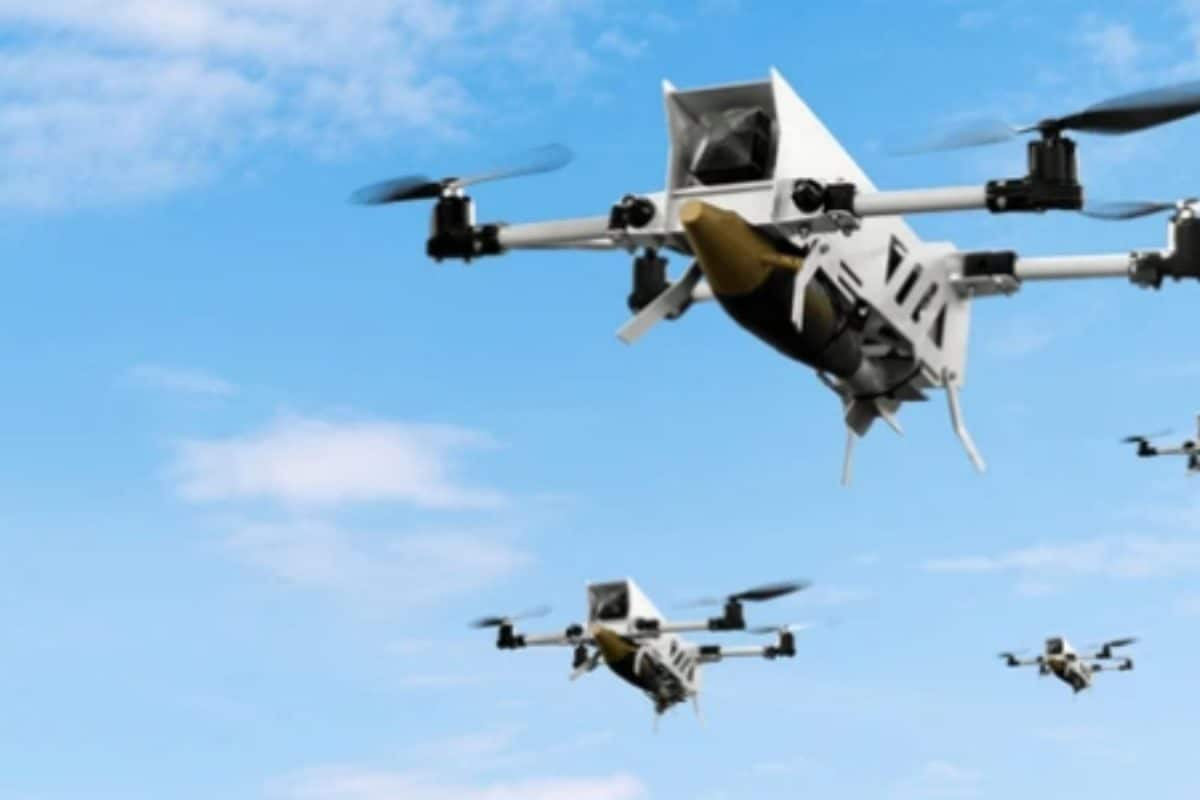

The Indian stock market has witnessed a significant surge in drone-related stocks following "Operation Sindoor," a military operation launched by India in response to a terror attack. This operation involved the extensive use of drones for surveillance and combat, sparking investor optimism and leading to substantial gains for companies involved in drone manufacturing and related technologies. Several factors contribute to this rally, but questions remain about its sustainability.
The "Operation Sindoor" Effect
Since the launch of "Operation Sindoor" on May 7, drone stocks have experienced a remarkable upswing. Companies like Paras Defence and Space Technologies, Ideaforge Technology, and Zen Technologies have seen their shares jump by as much as 50%. This surge is attributed to the perception that the successful deployment of drones during the operation signals a greater emphasis on these technologies in future defense strategies. The Nifty India Defence Index has also significantly outperformed the broader market, rising over 17% since the conflict escalated, reflecting the overall positive sentiment towards the defense sector.
Underlying Factors and Market Dynamics
Several factors beyond "Operation Sindoor" are fueling the drone stock rally. The Indian military drone market is projected to reach $4.082 billion by 2030, growing at a compound annual growth rate (CAGR) of 17.9% from 2025. This growth is driven by increasing demand for drones in various applications, including intelligence, surveillance, and reconnaissance (ISR), logistics, and combat.
The Indian government's "Atmanirbhar Bharat" (Self-Reliant India) initiative and "Make in India" program also play a crucial role. These policies encourage domestic manufacturing and reduce reliance on imports, benefiting Indian drone manufacturers. The Drone Rules 2021 and the establishment of a Drone Promotion Council further support the industry by creating a favorable regulatory environment and fostering innovation.
Furthermore, strategic partnerships between Indian and foreign companies are boosting the sector. For example, JSW UAV Ltd and Shield AI, a U.S. defense technology company, are investing ₹800 crore in Telangana to manufacture unmanned aerial systems (UAS). Alpha Design Technologies, in partnership with Israel's Elbit Systems, manufactures SkyStriker suicide drones in Bengaluru, which were reportedly deployed in "Operation Sindoor."
Valuation Concerns and Future Outlook
While the outlook for the Indian drone industry appears promising, some analysts caution that valuations have become stretched and much of the positive outlook may already be priced in. Several drone stocks are trading at high price-to-earnings (P/E) ratios, raising concerns about overvaluation.
Despite these concerns, some experts believe the momentum in drone stocks could continue, with potential gains of another 15-20% from current levels. This optimism is based on the expectation that the Indian government will increase its spending on defense drones, driven by the need to modernize the armed forces and enhance national security. PSU players like Hindustan Aeronautics and Bharat Electronics are viewed favorably due to stronger order books and reasonable valuations.
The long-term prospects for the Indian drone industry remain strong, driven by technological advancements, government support, and growing demand from various sectors. As drones become more sophisticated and versatile, their applications will expand beyond military use, creating new opportunities for growth and innovation. However, investors should exercise caution and carefully assess the valuations of drone stocks before making investment decisions. It's important to consider factors such as the company's order book, financial performance, and competitive positioning in the market.